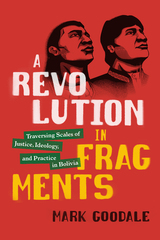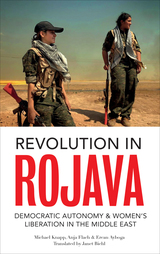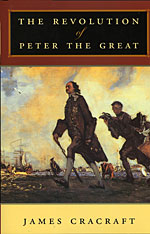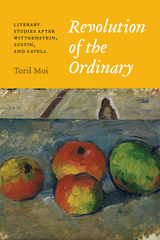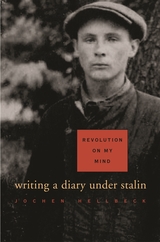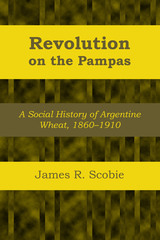Paper: 978-0-8223-6606-5
—Paul Starr, excerpted from his conclusion in "Transforming American Medicine: A Twenty-Year Retrospective on The Social Transformation of American Medicine"
Paul Starr’s Controversial Vision
In the early 1980s, as America stood at a crossroads—between New Deal liberalism and the conservatism of "the Reagan Revolution"—so too did American medicine and health care. Engaging this critical moment, Paul Starr’s The Social Transformation of American Medicine stimulated scholars across the disciplines to take stock of medicine’s historical and future trajectories. Starr’s analysis of American health care and medicine, undertaken in the context of broad contemporary societal, political, and cultural forces, earned him the Pulitzer and Bancroft Prizes, as well as garnering enduring public acclaim. Indeed, twenty years after its publication, The Social Transformation of American Medicine is now a standard in disciplines from health law to political science and history.
Despite its undeniable import, Starr’s book still provokes argument and strong reaction on all sides, and the question that has puzzled readers since the grand synthesis appeared remains: whether to praise or to criticize it. According to historian Keith Wailoo, health lawyer Timothy Stoltzfus Jost, and political economist Mark Schlesinger, coeditors of "Transforming American Medicine: A Twenty-Year Retrospective on The Social Transformation of American Medicine," a new special double issue of the Journal of Health Politics, Policy and Law, the answer appears to be to do both.
How Does the Vision Hold Up?
Rife with criticism, praise, and in-depth analysis of Starr’s work, this lengthy special issue brings together scholars from many disciplines to offer a comprehensive assessment of the life, the times, the promise, the problems, and the paradoxes of The Social Transformation of American Medicine. Contributors think critically about the problem of the grand narrative, about why doctors and health lawyers loved the book, about why historians reacted to it with ambivalence, about why its themes resonated as they did, and finally about how the political and policy landscape of health care has shifted in the last two decades. Additionally, the issue includes an extensive précis of salient parts of The Social Transformation of American Medicine and concludes with a contentious essay in which Starr himself responds to some of the criticism leveled at him in the preceding pages.
With American medicine and health care now at another crossroads—a relentless rise in medical spending on one side, and a persistent sense that Americans are not getting good value for their health care dollar on the other—the issues that Starr originally highlighted (the rise of medical authority and the elaborate dance among doctors, the state, and the corporation) are still of vital importance. "Transforming American Medicine: A Twenty-Year Retrospective on The Social Transformation of American Medicine" vigorously continues the discussion of medicine’s past, present, and future that Starr’s book set in motion.
Contributors. Gloria J. Bazzoli, Lawrence P. Casalino, Stefan Gildemeiste
See other books on: Social Transformation | Volume 29 | Wailoo, Keith
See other titles from Duke University Press

